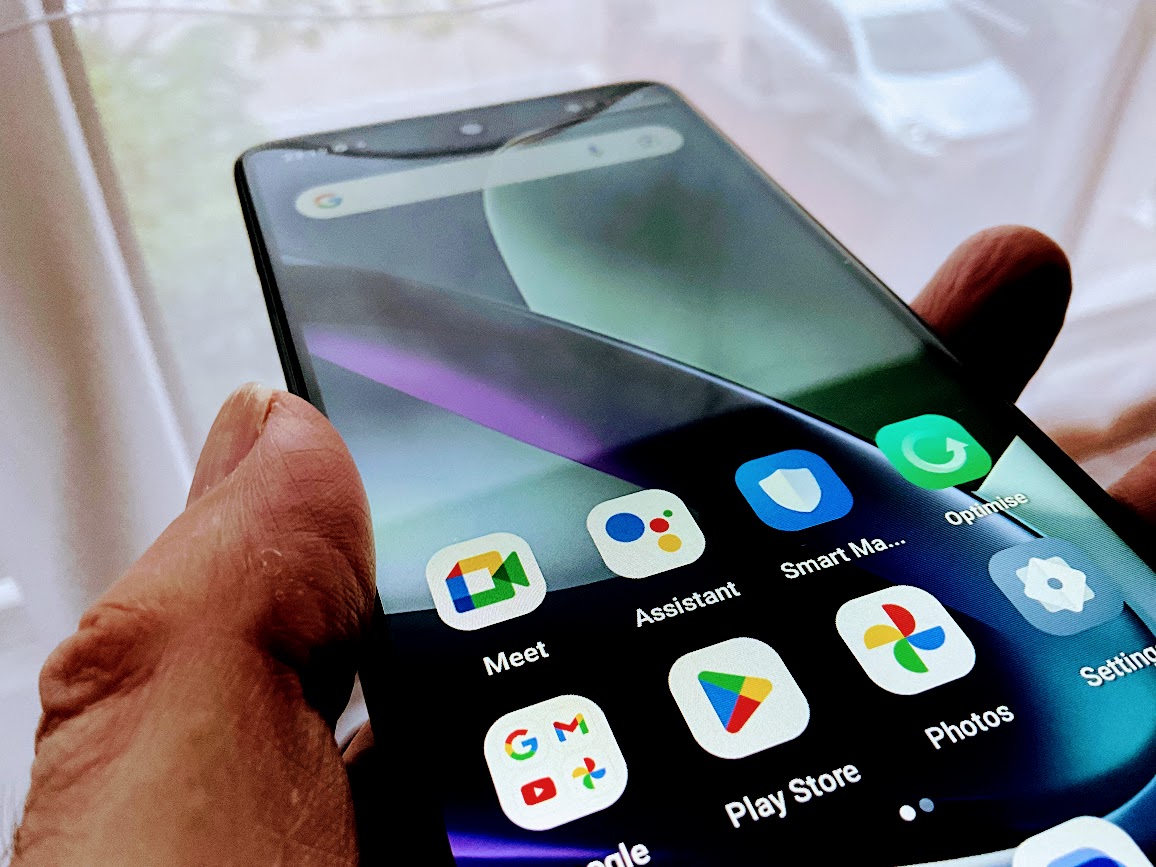Science
Apps That Drain Your Smartphone Battery: A Detailed Analysis

Smartphone users are facing a significant challenge as device batteries now require daily charging, a marked decline of 23% since 2019 when the average device could last 1.5 days on a single charge. This shift is largely attributed to the energy demands of popular applications, highlighting a stagnation in battery technology advancements. A recent study conducted by telecommunications company Elevate analyzed smartphone usage patterns to identify which apps impose the heaviest toll on battery life.
The study examined several factors, including average screen time, data usage, battery consumption, and background activity hours. By aggregating these metrics, researchers calculated average monthly battery usage percentages for various applications, revealing startling insights into which apps contribute most to battery drain.
Top Energy-Consuming Apps
The following table summarizes the top ten applications that most significantly impact battery life:
| App | Avg. Screen Time (hours/month) | Background Activity (hours/month) | Average Monthly Battery Usage (%) |
|---|---|---|---|
| Netflix | 60 | 13 | 1,500 |
| TikTok | 33.3 | 9.9 | 825 |
| YouTube | 27 | 6.9 | 540 |
| Threads | 23 | 6.9 | 460 |
| Snapchat | 16 | 8.8 | 320 |
| CapCut | 10 | 1 | 300 |
| 15 | 4.5 | 300 | |
| 18 | 5.7 | 270 | |
| Spotify | 45 | 13.5 | 225 |
| ChatGPT | 10 | 2 | 200 |
At the forefront of battery consumption is Netflix, which drains an astonishing 1,500% of a full charge monthly. Users dedicate an average of 60 hours each month to watching content, with the app also engaging in active background processes for an additional 13 hours, exacerbating its energy demands.
In second place is TikTok, consuming 825% of battery life monthly. Users typically spend around 33 hours on the app, with background activity contributing 9.9 hours of additional drain. Notably, both TikTok and Netflix use approximately 25% of battery life for each hour of active use.
Following closely is YouTube, which accounts for 540% of monthly battery consumption. While its hourly energy usage is less than that of TikTok and Netflix at 20%, its popularity results in an average of 27 hours of screen time per month.
Additional Insights on Battery Usage
Other notable apps include Threads, which ranks fourth with a battery usage of 460%. Similar to YouTube, it consumes 20% of battery per hour but has a slightly lower average screen time of 23 hours. Snapchat follows at fifth place, using 320% of battery life and averaging 16 hours of usage per month.
Applications like Spotify and ChatGPT also contribute to battery drain, with respective monthly usage figures of 225% and 200%. While Spotify uses only 5% of energy per hour, it has significant background activity, running for 13.5 hours monthly.
As users become increasingly aware of their smartphone habits, the findings underscore the importance of managing background app refresh settings to optimize battery life. While heavy usage during streaming or video editing is expected to drain battery life, it is crucial to recognize that many applications continue to consume energy even when not actively in use.
Effective management of smartphone applications can help users mitigate battery drain, prolonging device longevity and enhancing user experience.
-

 Science3 months ago
Science3 months agoToyoake City Proposes Daily Two-Hour Smartphone Use Limit
-

 Top Stories3 months ago
Top Stories3 months agoPedestrian Fatally Injured in Esquimalt Collision on August 14
-

 Health3 months ago
Health3 months agoB.C. Review Reveals Urgent Need for Rare-Disease Drug Reforms
-

 Technology3 months ago
Technology3 months agoDark Adventure Game “Bye Sweet Carole” Set for October Release
-

 World3 months ago
World3 months agoJimmy Lai’s Defense Challenges Charges Under National Security Law
-

 Lifestyle3 months ago
Lifestyle3 months agoVictoria’s Pop-Up Shop Shines Light on B.C.’s Wolf Cull
-

 Technology3 months ago
Technology3 months agoKonami Revives Iconic Metal Gear Solid Delta Ahead of Release
-

 Technology3 months ago
Technology3 months agoApple Expands Self-Service Repair Program to Canada
-

 Technology3 months ago
Technology3 months agoSnapmaker U1 Color 3D Printer Redefines Speed and Sustainability
-

 Technology3 months ago
Technology3 months agoAION Folding Knife: Redefining EDC Design with Premium Materials
-

 Business3 months ago
Business3 months agoGordon Murray Automotive Unveils S1 LM and Le Mans GTR at Monterey
-

 Technology3 months ago
Technology3 months agoSolve Today’s Wordle Challenge: Hints and Answer for August 19









